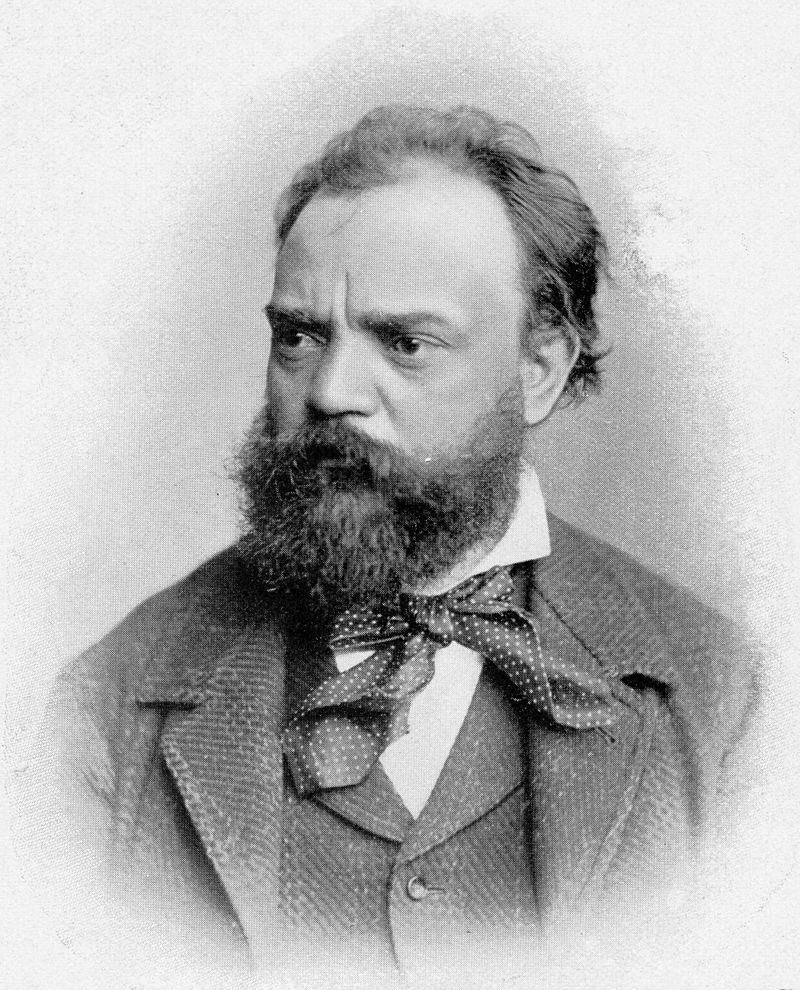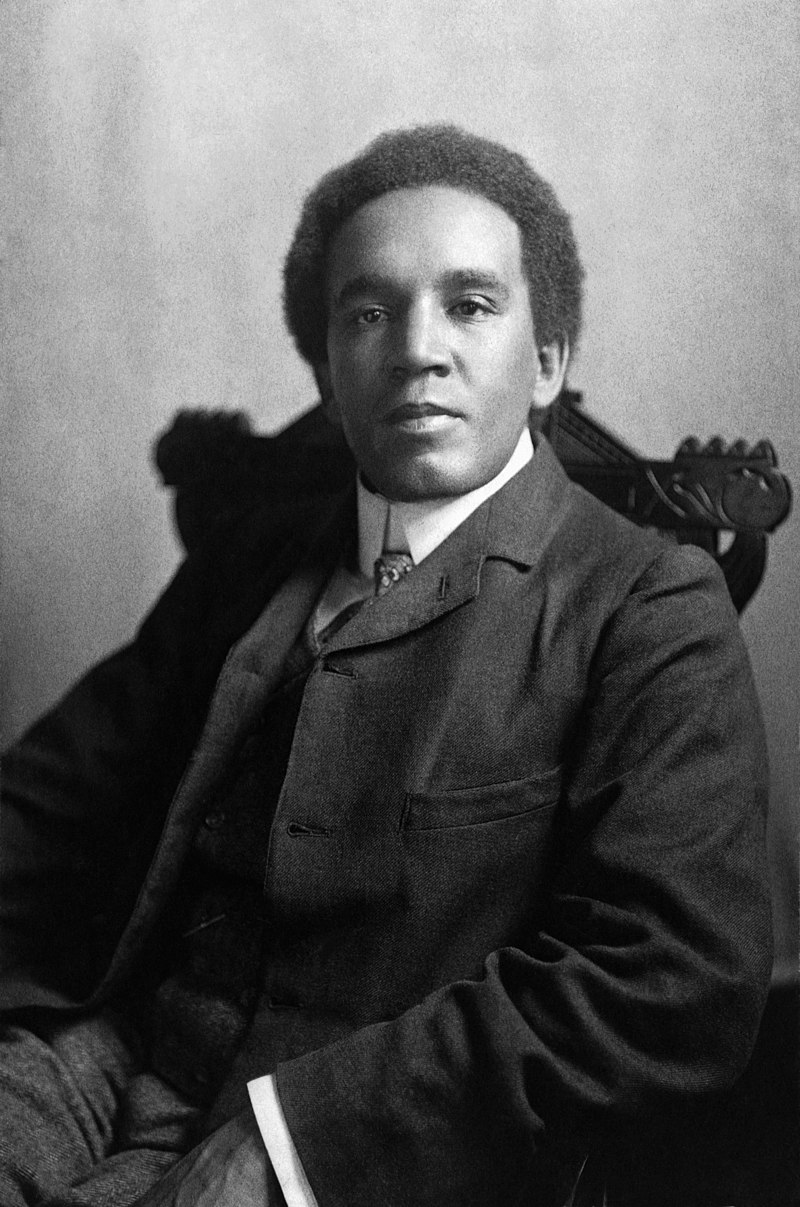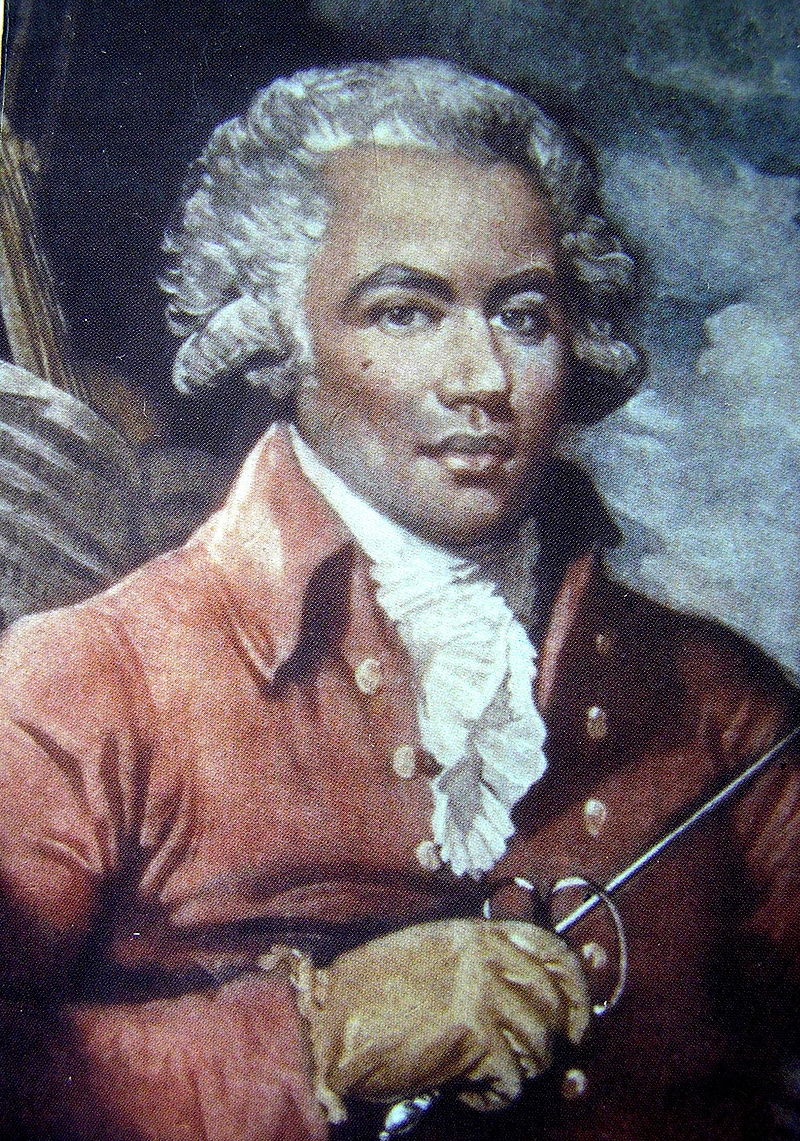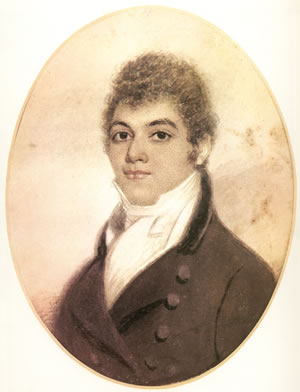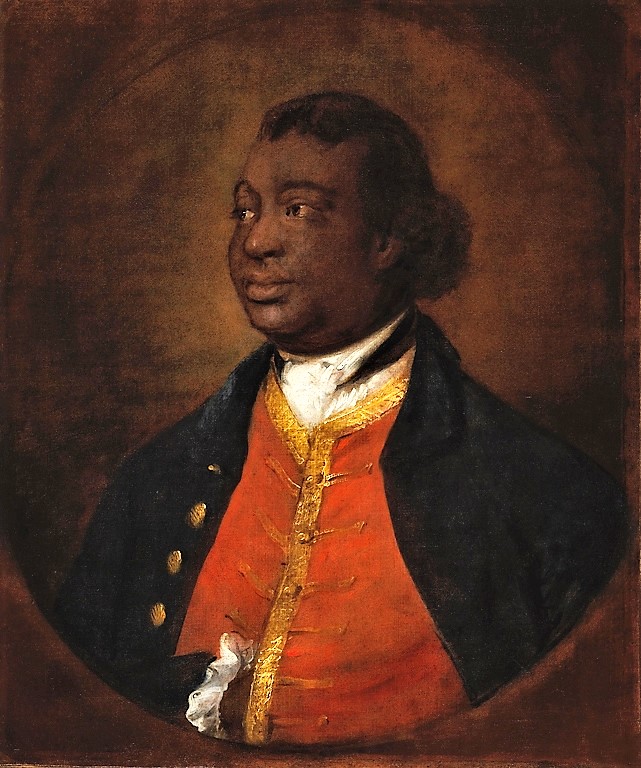
Burleigh's Influence: Antonin Dvořak
A major influence upon Burleigh to use the folk songs of his ancestors was the distinguished Czech composer Antonin Dvořak (1841-1904), who arrived in the United States in 1892 to become the director of the National Conservatory of Music in New York. Burleigh "studied with him and received much time outside of class. With an engraver's precision he copied the master's manuscripts" (Lovell 1972, 442-443). After encountering the spirituals, Dvořak said "the theme of 'Go Down, Moses' was as great as a Beethoven theme" (Lovell 1972, 443). Concerning the folk songs of America, Dvořak went even further by stating that the "future of music of this nation [America] must be founded upon what are called the Negro melodies. This must be the real foundation of any serious and original school of composition to be developed in the United States" (Kenety 2021, n.p.; Banfield 2004, 43).
Click here to listen to a radio broadcast that discusses Dvořák's assertion in a May 1893 interview about the potential role of African American music (Kenety 2021). Dvořák's "remarks inspired Black composers to utilize their folk materials in a manner befitting the dignity that Dvořák had bestowed on these 'products of the soil'" (Brooks 1984, 203).
There have been numerous transcriptions of "Deep River." "It exists in setting for violin/piano, organ, string quartet, solo cello, solo violin and concert band" (Kimball 2006, 251). In 1905 the Afro-British composer Samuel Coleridge-Taylor (1875-1912) gave serious attention to "Deep River" by publishing a piano arrangement in his collection, Twenty-Four Negro Melodies Transcribed for the Piano. Of this collection, Coleridge-Taylor famously said: "What Brahms has done for the Hungarian folk music, Dvorak for the Bohemian, and Grieg for the Norwegian, I have tried to do for these Negro Melodies" (Burns 2020, n.p.). Now that you are familiar with the melody, listen to Coleridge-Taylor's transcription for piano and listen to the "A" section transcribed for string quartet below:

Lara Downes - Samuel Coleridge-Taylor: Deep River [ 00:00-00:00 ]

Chineke! perform Deep River by Samuel Coleridge-Taylor [ 00:00-00:00 ]
Other notable composers of African descent worth investigating but outside the scope of the lesson are listed below-click on their names to read about their contributions and to listen to selected musical works:
| Other Notable Composers of African Descent | |||
|---|---|---|---|
| Joseph Boulogne Chevalier de Saint-Georges (1739-99) |
George Augustus Polgreen Bridgetower (1779-1860) |
Ignatius Sancho (1729-1780) |
Jose White (1835-1918) |
|
|
|
|
|
| Learn More | Learn More | Learn More | Learn More |






